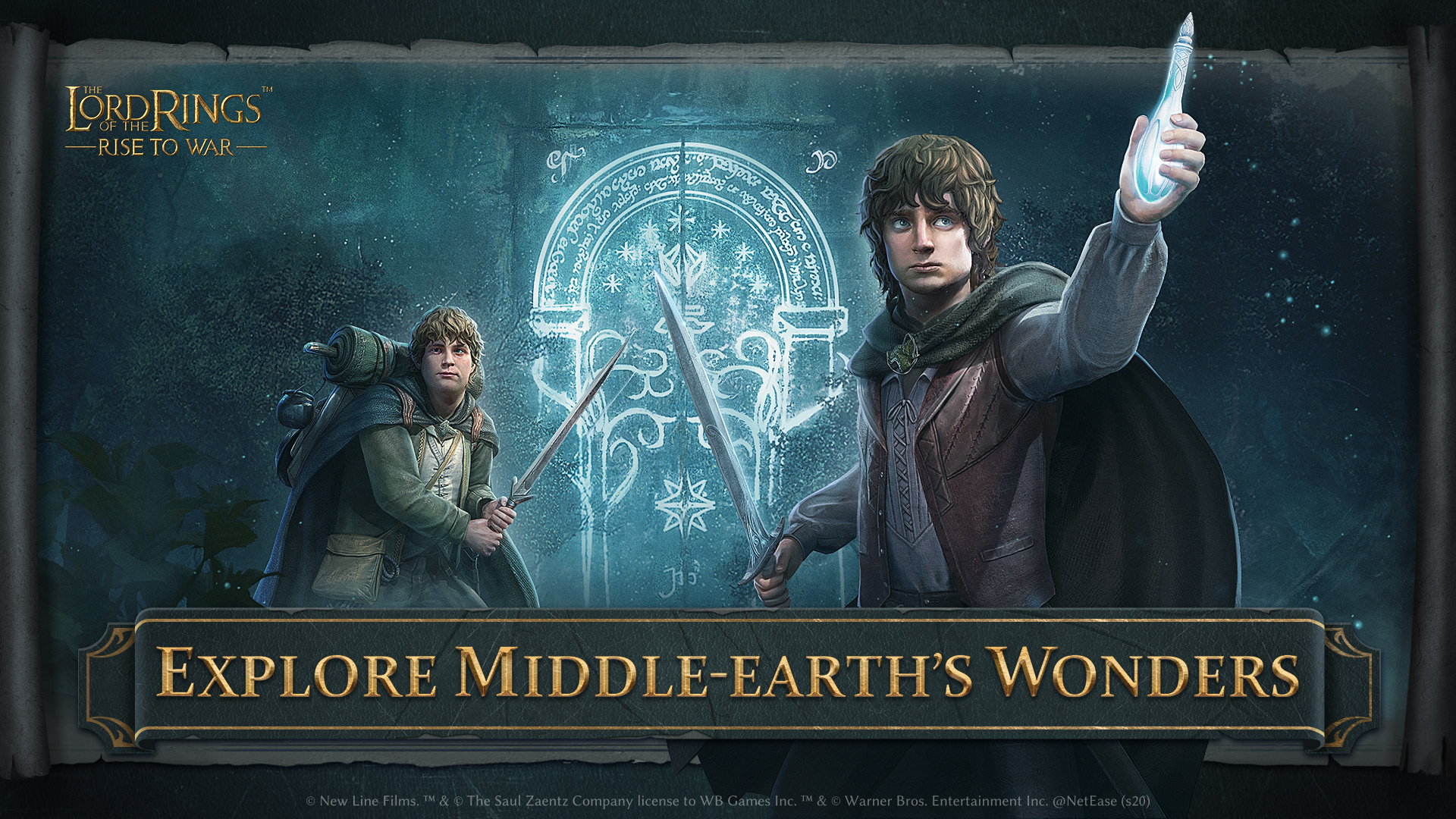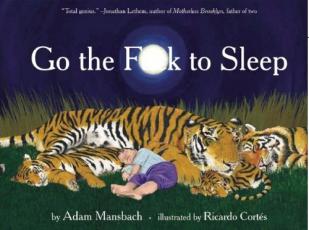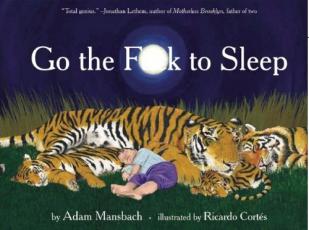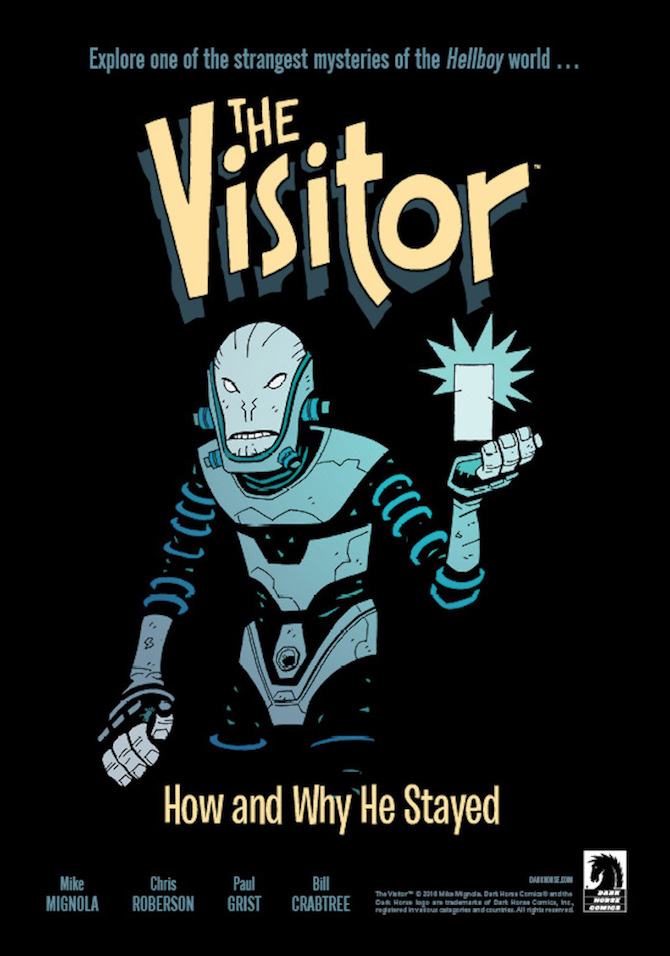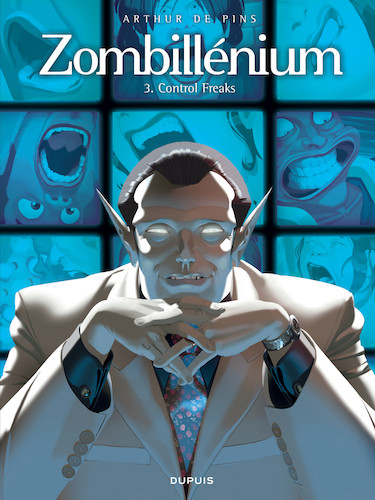The Way I used to be
Rédacteurs
Dossiers

Livres, actualités : tout sur Ray Bradbury
Né le 22 août 1920, Ray Bradbury est un des grands noms de la littérature de science-fiction américaine, particulièrement réputé pour la qualité de ses nouvelles, notamment grâce à ses recueils L'Homme illustré (1951), Un remède à la mélancolie (1958) ou encore les Chroniques martiennes (1950).

Livres, actualités : tout sur Guillaume Musso
Né le 6 juin 1974 à Antibes, Guillaume Musso est un habitué, depuis plusieurs années, des classements des meilleures ventes. Pourtant, son premier livre, Skidamarink, publié en 2001, reste sous les radars : il lui faudra attendre Et après..., publié en 2004 chez XO Éditions pour accéder à un plus grand nombre de lecteurs. C'est un succès, porté au cinéma en 2009 avec au casting John Malkovich, Romain Duris ou encore Evangeline Lilly...

Mangas.io : l’avenir du manga numérique ?
Une application pour lire ses mangas en illimité et légalement : la communauté l’attend depuis des années. Cependant, aucune solution ne semble pour l’instant satisfaire les millions de lecteurs pirates français... Mais grâce à son système à l’abonnement, Mangas.io tente de faire évoluer le marché du manga numérique.

L'oiseau moqueur de Harper Lee, un chef d'oeuvre à la peau dure
L’histoire que raconte Jean Louise Finch, alors âgée de six ans, est devenue l’un des plus grands classiques de la littérature américaine. To Kill a Mockingbird, prix Pulitzer Littérature 1961, un an après sa sortie, est réputé pour son humour et sa chaleur, alors qu’il traite de viol et d’inégalité raciale.

Courir ou mourir : Le Labyrinthe, la saga de James Dashner
Depuis la publication du premier livre en 2009, la saga Le Labyrinthe (titre original : The Maze Runner), écrite par James Dashner, a marqué une génération d'adolescents et jeunes adultes par son intrigue captivante, ses personnages attachants et sa représentation métaphorique des défis de l'adolescence. Cette saga dystopique a séduit des millions de lecteurs à travers le monde et a inspiré une série de films à succès.

Livres, actualités : tout sur Andrée Chedid
Née le 20 mars 1920 au Caire, en Égypte, sous le nom Andrée Saab, Andrée Chedid y mène ses études, apprenant le français et l'anglais, et utilisant de manière ponctuelle l'arabe. Avec son mari Louis Selim Chedid, qu'elle épouse en 1942, elle part au Liban l'année suivante, où elle publie son premier recueil poétique, On the Trails of My Fancy, sous le pseudonyme A. Lake.
Extraits
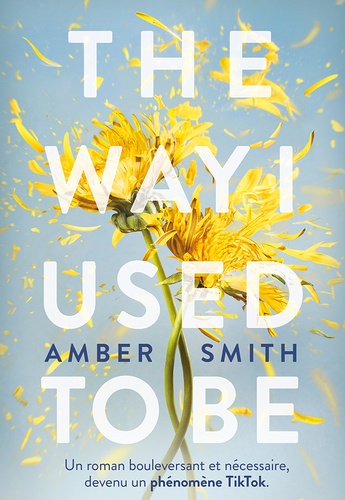
Romans, témoignages & Co
The Way I Used to Be Tome 1
11/2023
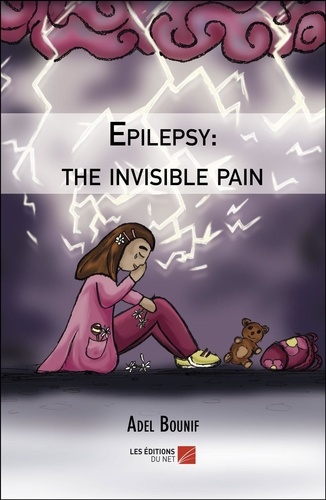
Poésie
Epilepsy: the invisible pain
01/2019

Anglais apprentissage
Acacia thorn in my heart
09/2001
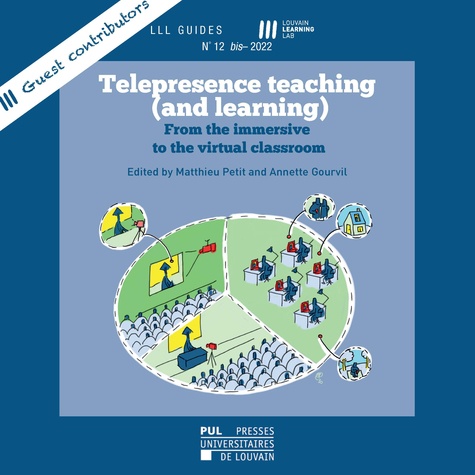
Sociologie
Cahiers du LLL n° 12 bis – Telepresence teaching (and learning). From the immersive to the virtual classroom
06/2022

Histoire internationale
One Artist on Five Continents
12/2011
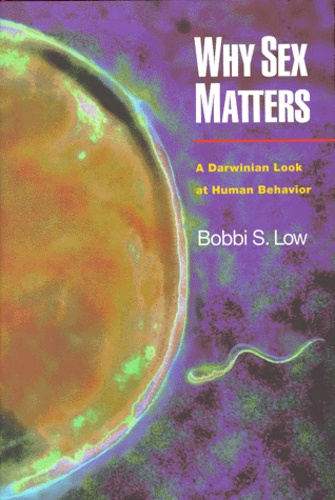
Histoire et Philosophiesophie
WHY SEX MATTERS. A Darwinian Look at Human Behavior
01/2000



